Where can I buy reproduction paintings?
There are several places where you can buy reproduction paintings, catering to different preferences, budgets, and styles. Here are some common options:
- Museums and Cultural Institutions:
- Some museums and cultural institutions have online shops that sell reproductions of artworks from their collections. This can be a way to support the institution while acquiring a piece of art history.
- Local Artisan Shops:
- Check with local artisan shops, craft stores, or boutique shops that may carry reproduction paintings. Some local artists or craftsmen may specialize in creating high-quality reproductions.
- Art Studios and Workshops:
- Artists or studios that focus on creating reproductions may sell their work directly to customers. This can be an opportunity to discuss customization options or commission specific pieces.
- Auction Houses:
- Some auction houses, both traditional and online, may feature reproduction paintings in their sales. It’s essential to verify the authenticity and quality of the reproductions offered through auction.
- Custom Art Services:
- Some companies and artists offer custom reproduction services. You can provide them with details about the artwork you want, and they will create a reproduction based on your specifications.
- Art Galleries:
- Some art galleries specialize in selling reproduction paintings. They may have both physical locations and online stores. These galleries often curate a selection of artworks inspired by famous artists.
Who do we recommend for buying reproduction art?
Choosing the right retailer is always tricky, so we’ve sourced the most high quality and affordable reproduction art producer online. We’ve chosen an art service provider that doesn’t just photocopy their artworks, they paint them completely bespoke, making them almost indistinguishable from the real thing.
COR Artwork is renowned for its specialization in two specific sectors of the art world: the impeccable replication of famous paintings with a focus on superior quality, and the skillful crafting of personalized artworks derived from your own photographs or images.
These paintings are no ordinary print copies. Each painting is 100% painted by hand on canvas using only the finest oil paints available.
All of their replica art is meticulously hand painted by one of their exceptionally talented and skilled professional artists and they are dedicated to creating outstanding works of art that surpass expectations.
Why should I buy reproduction paintings?
Reproduction paintings are popular for several reasons, catering to a wide range of preferences and needs among art enthusiasts, collectors, and consumers. Here are some reasons why reproduction paintings are commonly sought after:
- Affordability: Original artworks by renowned artists can be extremely expensive and may be out of reach for many art enthusiasts. Reproduction paintings provide an affordable way for people to enjoy and display well-known artworks without the high cost associated with originals.
- Access to Famous Artworks: Reproductions allow people to have access to iconic and famous artworks that may be housed in museums or private collections. This democratization of art allows individuals to bring a piece of art history into their homes.
- Decorative Purposes: Reproduction paintings are often chosen for their decorative value. People may select artworks based on their aesthetic appeal, color scheme, or thematic elements that complement their home or office decor.
- Gifts and Souvenirs: Reproduction paintings make popular gifts and souvenirs. They offer a way for people to share their appreciation for art or commemorate a visit to a museum or cultural institution.
- Artistic Appreciation: Some individuals may genuinely appreciate the craftsmanship and skill involved in creating a reproduction. The process of recreating a masterpiece can be a form of artistic homage, and the attention to detail in reproductions can be impressive.
- Personal Connection: Reproduction paintings allow individuals to form a personal connection with an artwork that holds meaning or significance to them. This could be based on the artist’s style, the subject matter, or cultural and historical context.
- Customization: Some people may commission reproduction paintings to customize the size, color palette, or other aspects to better suit their preferences or match specific design requirements.
- Art Education: Reproduction paintings can serve as educational tools, providing a way for individuals to study and appreciate the techniques and styles of master artists. Art students, in particular, may use reproductions as part of their learning process.
While reproduction paintings offer various benefits, it’s important to note that they do not carry the same artistic and historical value as original artworks. Nevertheless, they play a valuable role in making art more accessible to a broader audience and contribute to the enjoyment and appreciation of artistic expression.
Are reproduction paintings legal?
Reproduction paintings can be legal or illegal depending on various factors, including copyright and intellectual property laws. Here are some key points to consider:
- Public Domain: If the original artwork is in the public domain, meaning that its copyright has expired or it was never copyrighted, then reproducing it is generally legal. Artworks created before a certain date (usually several decades ago) may fall into the public domain.
- Expired Copyright: Copyright protection is limited in time. Once the copyright expires, the work enters the public domain, and reproducing it becomes legal. The duration of copyright protection varies by country.
- Permission from the Artist or Copyright Holder: If the artwork is still under copyright protection, you may need permission from the artist or copyright holder to reproduce it. Some artists or estates may grant permission for reproduction, possibly for a fee or under specific conditions.
- Fair Use: In some cases, the use of copyrighted material may be considered “fair use,” which allows for limited use without permission for purposes such as criticism, commentary, news reporting, teaching, scholarship, and research. However, whether a specific use qualifies as fair use depends on several factors, and it is a complex legal doctrine.
- Licensing Agreements: Artists or copyright holders may grant licenses for reproducing their work under specific terms. Purchasing a reproduction from a licensed source ensures legality.
- Commercial Use: If you plan to sell the reproductions commercially, additional legal considerations may apply. Commercial use often requires explicit permission and may involve licensing agreements.
It’s crucial to research and understand the copyright status of the original artwork, seek permission if necessary, and comply with applicable laws. If you have specific concerns or questions about a particular reproduction, it is advisable to consult with a legal professional familiar with intellectual property law in your jurisdiction.


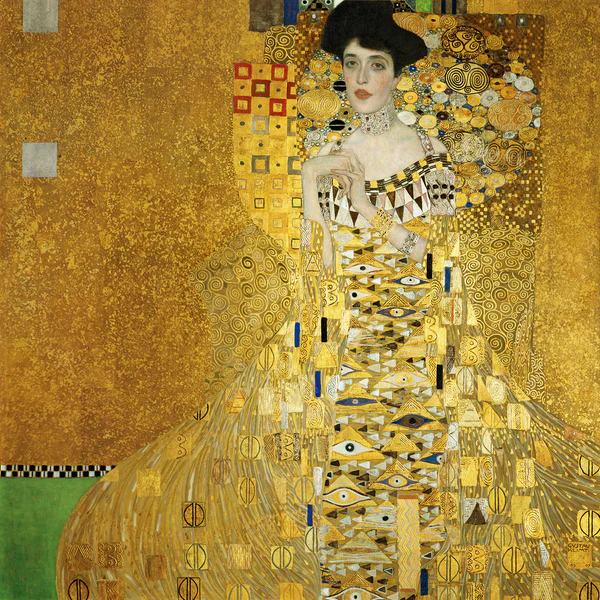

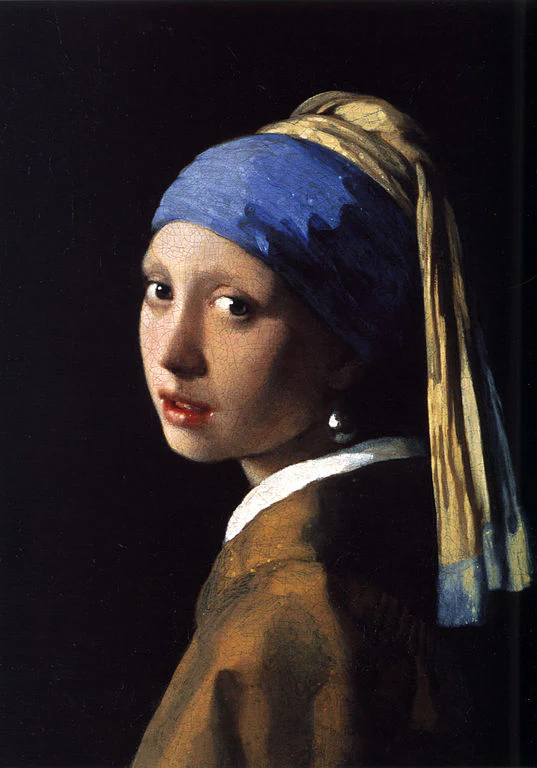
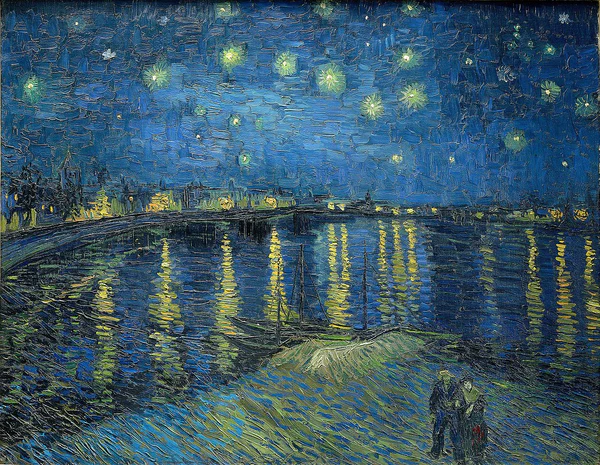
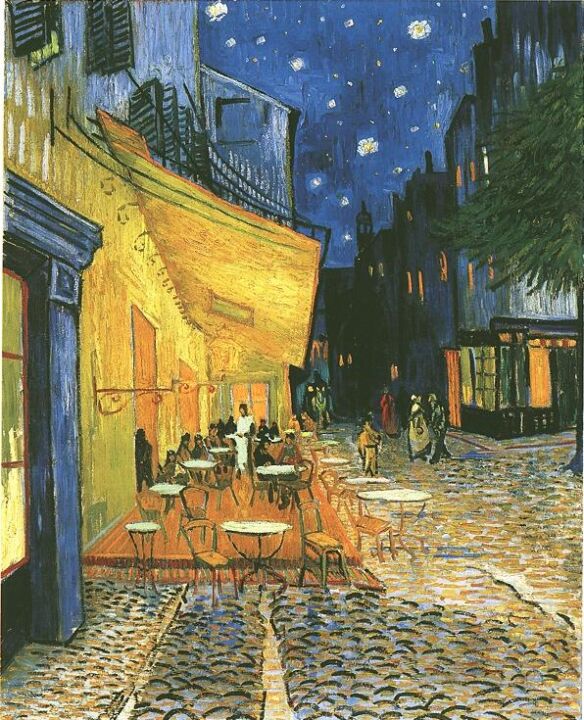
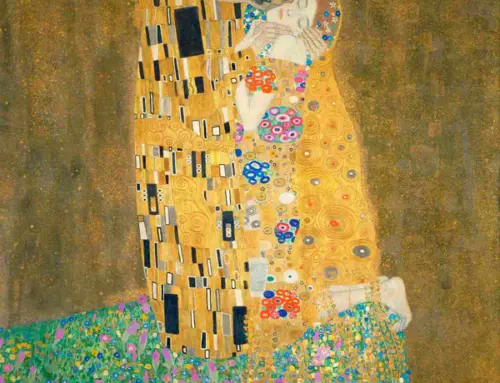


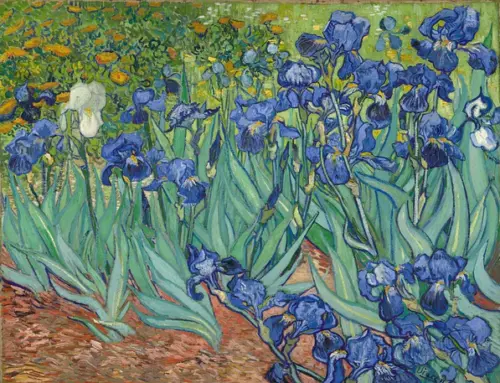
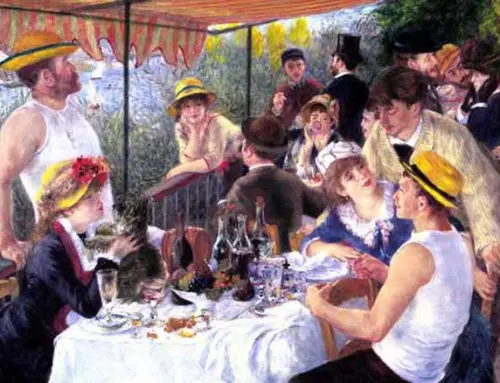
Leave A Comment